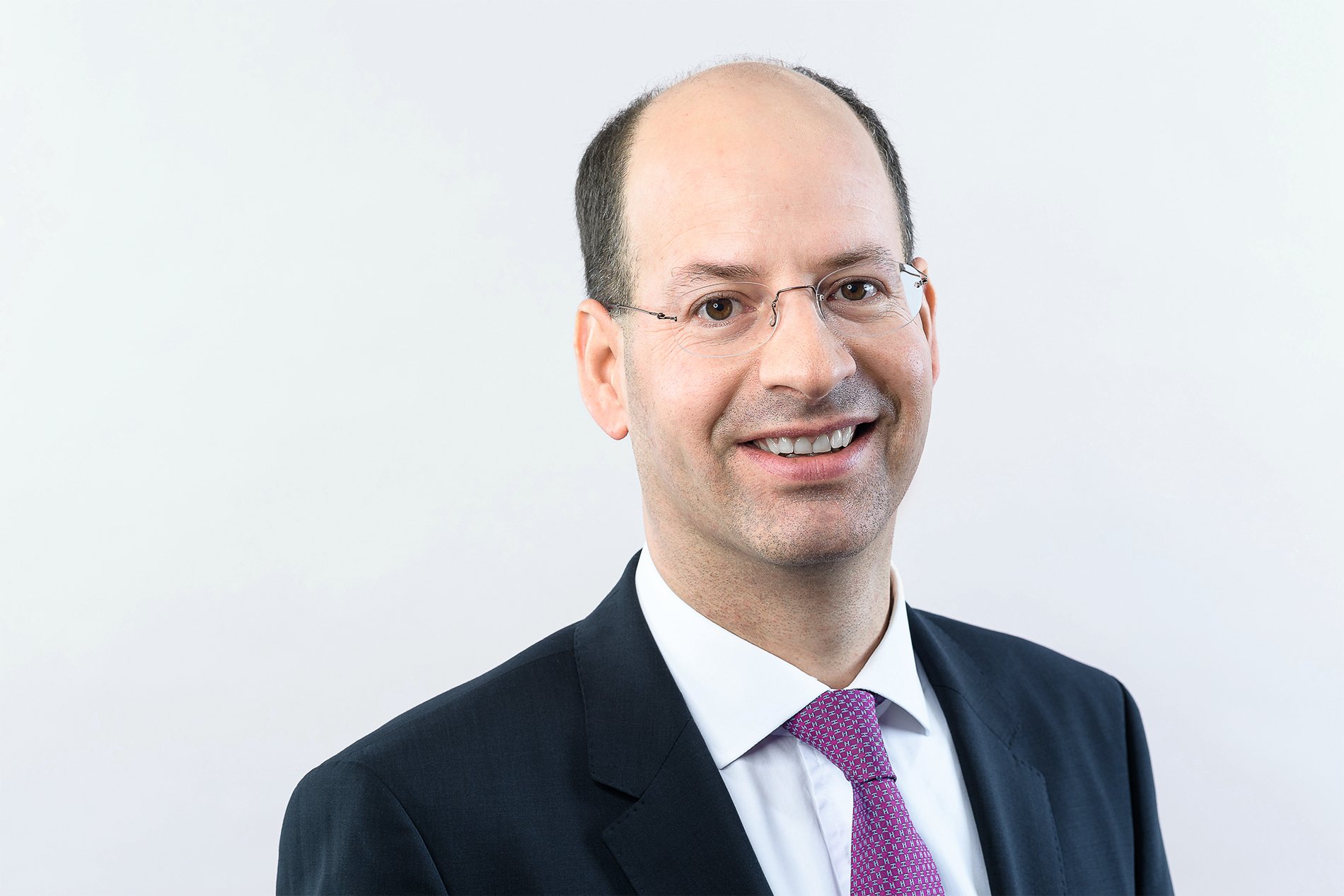 @Swiss Re.
@Swiss Re.
Jerome Jean Haegeli: The biggest risk can be defined with a single alphabet letter, the letter P. P for prices, policies and politics.
For prices, inflation risks are increasing. Markets are discounting it; however, the market is not yet buying run-away inflation. And nor should they.
I not yet concerned about runaway inflation. I am rather more concerned that the water being poured into the bath exceeds the bathtub’s capacity.
“Asset pricing inflation has been happening since the global
financial crisis and will continue for some time.”
Fiscal stimulus in the US is so much more than the output gap. And what’s more, there isn’t just the fiscal stimulus, but also the monetary element to consider. This combination should be seen as red flags in terms of inflation risks.
Asset pricing inflation has been happening since the global financial crisis and will continue for some time. There may be a hard stop at some point, but it will be different when the Fed must take away the punchbowl. That is not going to happen for some time.
Obviously, the geopolitical risk between the US and China is a factor and well known, but so are the political risks within the countries.
The economic inequality topic is very important, and I believe that central bank policies are not achieving what they should, which is to improve economic wellbeing.
It is also not improving the supply side of the economy or economic trend growth. Instead, it is increasing asset price inflation, which is also a source of income or wealth inequality.
These distortions of central bank policies are large, and I wish they would stop, but that is unlikely to happen soon. Having social peace is crucial. Whether we have it now or will have it after everyone has been vaccinated in most countries is unknown.
“I believe that central bank policies are not achieving what
they should, which is to improve economic wellbeing.”
I have my reservations, and it may be the blame game will start once the roll out is well-advanced everywhere. This is especially in the EU, where Covid-19 accentuated income inequality persists, not just within the super-powers but also within economic blocks or even a country.
With the Covid-19 systemic risk, we needed governments to step in and science to do its work. Thankfully, science came up with vaccines very quickly, which is a differentiating factor for our societies.
The upside here is that we can take this opportunity and transform our economies. If we think about an economy having an engine, it is now time to upgrade the engine.
Not just change the cylinders and make sure you have enough oil but replace the engine with one that is both greener and more powerful.
Now is our opportunity to green our recovery and ensure that we deploy more investments into infrastructure.
“The upside here is that we can take this
opportunity and transform our economies.”
Infrastructure has one of the highest fiscal multipliers. Greening the economy should be the number one priority as climate change is the number one long term risk for the global economy. It is also the most difficult to tackle because it is placed so far out in terms of time.
But there are tipping points. It is not like Covid-19 where you must act now in order to overcome the virus. Climate change is a systemic risk, but because it happens over such a long time, it is much harder to tackle it politically.
Our greatest biggest opportunity is to ensure the Covid-19 crisis is not wasted. Let us use the lessons learned to transform our economies and attack climate change.
Jerome: Infrastructure has a central role and in particular green infrastructure. If you have green infrastructure, the multiplier is about three to five times higher than for non-green infrastructure.
So, it is extremely powerful. Infrastructure investment already has a three to one multiplier for growth, so it will improve economic trend growth.
I would be very happy to see infrastructure becoming a tradeable asset class. However, it is now a long time ago since I advocated this in front of the G20 finance ministers and governors in Australia in 2014.
The fact remains that accessing infrastructure debt for less sophisticated institutional investors is challenging. Therefore, you need standardisation and a tradeable asset class.
“The fact remains that accessing infrastructure debt for
less sophisticated institutional investors is challenging.”
The stars are aligned for 2021 because interest rates are still low. We have just experienced a huge systemic risk shock and policy makers understand we need to move things forward.
This is the best chance for infrastructure investments to make it right. It won’t be easy, I have been personally involved in this area with G20 policy for 10 years. But this opportunity shouldn’t be wasted, as there is also a public awareness – and some acceptance – that things need to change.
We don’t need more fiscal stimulus or monetary accommodation, but we do need smart fiscal stimulus and this means increasing the public spending together with private spending into the infrastructure area.
This is what moves economies and makes our economic recoveries much more resilient.
Jerome: It would be a pilot benchmark transaction of the best practices between a multi development bank like the World Bank and a consortium of institutional investors.
We need to create a gold standard in terms of what a tradeable asset class of infrastructure debt looks like, which doesn’t exist yet.
We work with the industry in terms of providing documentation standardisation, what it should look like, contract terms, disclosure terms, etc., but we need to have a plan to apply it.
We need to have pilot transactions so that others can copy it and if you have a gold standard, the nice thing is that you create the market and that is what we need to do.